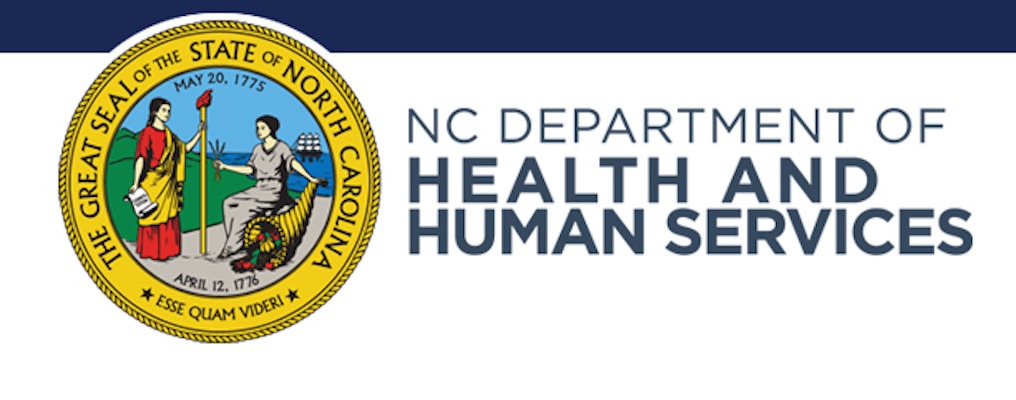State officials have noted an increase in flu activity and flu-related deaths, bringing the total number of deaths this season to 117.
The N.C. Department of Health and Human Services today (Wednesday) updated its weekly Respiratory Virus Summary Dashboard.
“While fewer flu-related deaths have been reported so far this season compared to last season, we are at the height of seasonal respiratory illnesses and this is a reminder that influenza can be very serious,” said State Epidemiologist Zack Moore, M.D., MPH. “Taking preventative measures against flu and other respiratory illnesses like getting vaccinated, regularly washing hands, covering your cough and staying home when sick are important to help protect you and your family.”
Influenza is spreading widely throughout the state and is likely to peak in the coming weeks. Fifty-one new flu deaths were added to the statewide dashboard on Wednesday, but the newly added deaths occurred over the last few weeks as there are often delays in reporting. COVID-19 and respiratory syncytial virus (RSV) are also continuing to spread, although RSV levels have been decreasing in recent weeks.
Early testing and treatment with an antiviral drug can help prevent respiratory infections from becoming more serious. Treatments work best if started soon after symptoms begin. If you begin to feel sick, contact your doctor right away to see if you need treatment with a prescription antiviral drug. Treatment for flu and COVID-19 is especially important for people with severe illness and those who are at high risk of serious complications based on their age or medical conditions.
It is not too late to get your flu and COVID-19 vaccinations as vaccinations are the best way to prevent serious illness, hospitalization and death from these infections. Vaccinations are especially important for those at higher risk of severe viral respiratory disease, including people 65 years and older, children younger than 5, pregnant women, those with a weakened immune system and those with certain medical conditions such as asthma, diabetes, heart disease and obesity. Vaccines and treatments to protect against RSV are also available for older adults, pregnant women, and infants.
In addition to vaccination, the following precautions should be taken to protect against the spread of respiratory viruses:
• Regularly wash your hands with soap and water. Alcohol-based cleaner or sanitizer can help prevent the spread of respiratory viruses to others but does not work for some other common viruses like norovirus.
• Avoid touching your eyes, nose and mouth
• Clean and disinfect frequently touched surfaces and objects that may be contaminated
• Cover coughs and sneezes with a tissue and then discard the tissue promptly
• Stay home when sick, except to seek medical care or testing, and take steps to avoid spreading infection to others in your home, including:
o Staying in a separate room from other household members, if possible
o Using a separate bathroom, if possible
o Avoiding contact with other members of the household and pets
o Not sharing personal household items, like cups, towels and utensils
o Wearing a mask when around other people
For more information on respiratory viruses, including how to access vaccines, testing and treatment in your community, visit www.vaccines.gov/en, flu.ncdhhs.gov or covid19.ncdhhs.gov.
A respiratory virus surveillance summary that includes information on flu, COVID-19 and RSV-related activity across North Carolina is updated weekly at covid19.ncdhhs.gov/dashboard.







